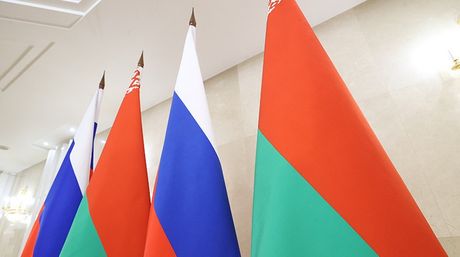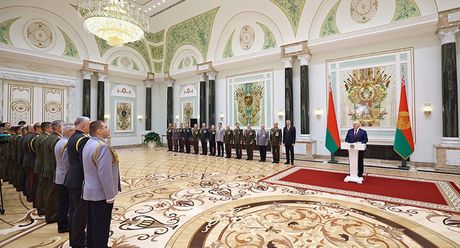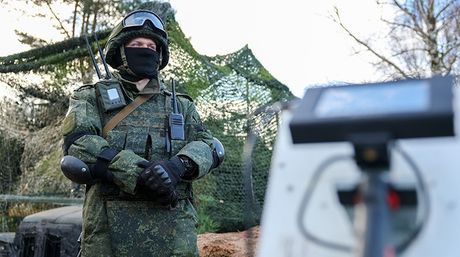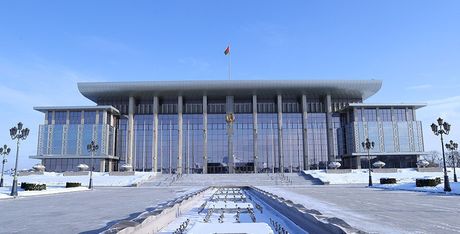Lukashenko convenes meeting with Council of Ministers
12:00, 14 June
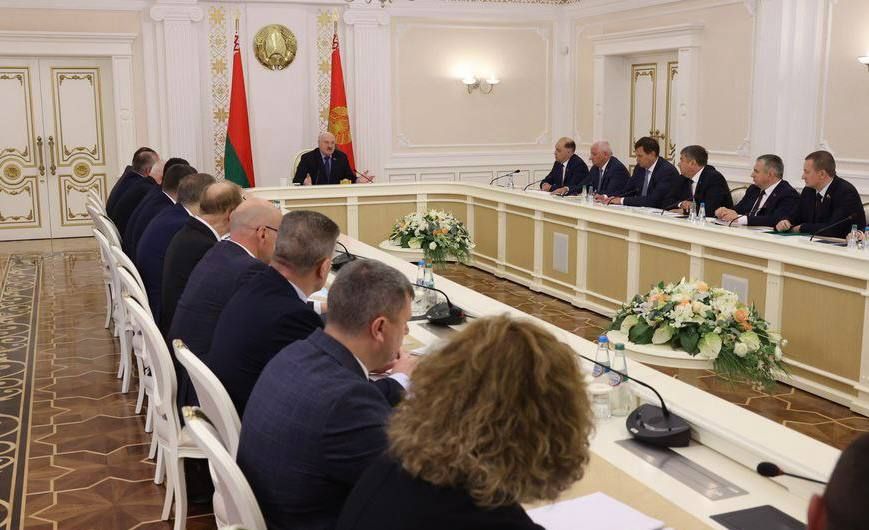
Photo: BelTA
Belarusian President Aleksandr Lukashenko convened a meeting with the Council of Ministers on 14 June to discuss a number of urgent fundamental economic issues, BelTA has learned.
- Share on Facebook
- Share on VK
- Share on Twitter
Pellet production
High on the agenda was the issue related to efficient operation of pellet production facilities. The head of state opened the meeting by saying that significant pellet production capacities had been created in the country, which made it possible to involve low-grade wood and woodworking waste in production. “That was my urgent request. Flying over the country, I saw a lot of windfalls, a truly sad scene. I thought it would be a good idea to recycle it. We have built plants that turn it into wood chips, and we get an excellent fuel resource,” Aleksandr Lukashenko said.
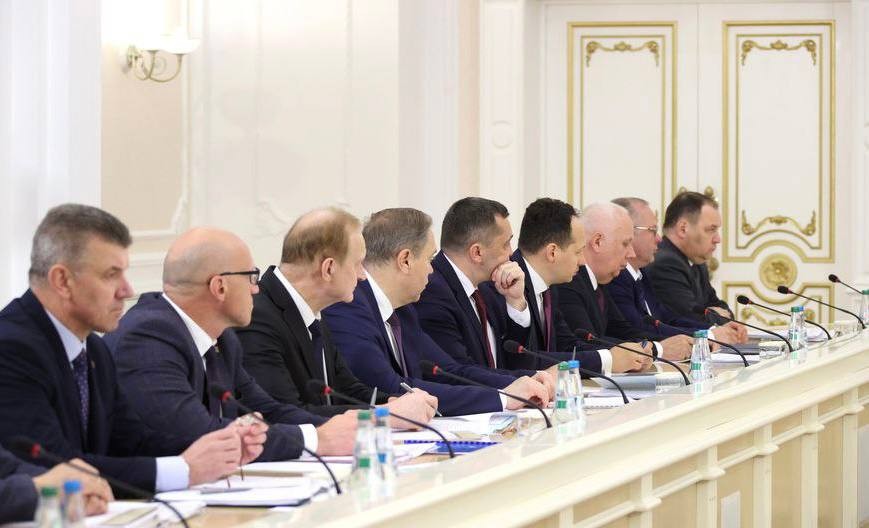
The head of state however had to criticize the current work of the production facilities and their sales volumes. The president believes that efforts to organize export supplies of this type of fuel and its use in the domestic market are insufficient. Some responsible officials are not making enough efforts to increase sales volumes, counting on natural gas supplies to the country. “They think the president goes and makes all necessary agreements. They think we will use gas for heating and we do not need firewood, we do not need pellets,” Aleksandr Lukashenko said.
A lot of investment, both public and private, have been injected in the sector. However, as Aleksandr Lukashenko pointed out, pellet production plants are not working to their full capacity right now due to the well-known external circumstances, with stockpiles of low-grade business wood growing. “The measures taken by the government have not yielded any results yet,” the head of state said.
The president stressed: “If the production facilities have been launched, they need to be working to make profits, not losses. Any emerging issues should be solved in a comprehensive and consistent manner.”
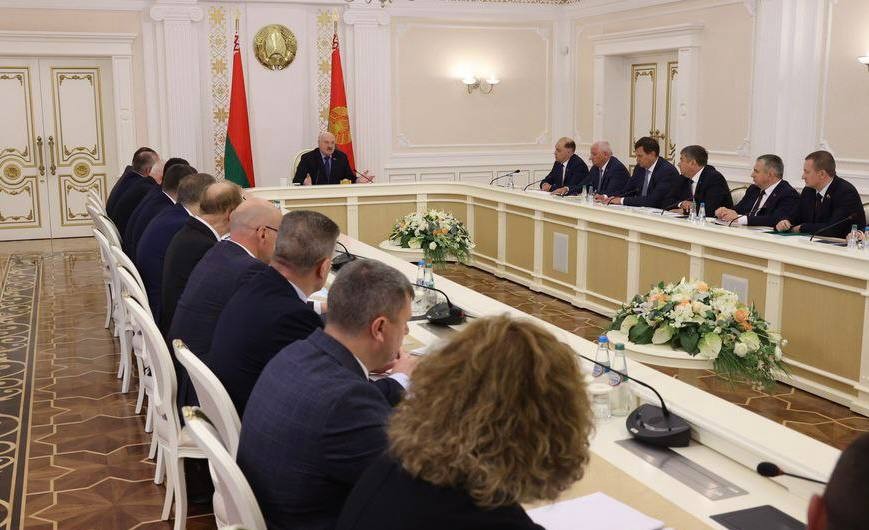
It was decided at the recent government meeting on industrial matters that all issues related to the operation of pellet production facilities should be solved before the new heating season. It is time to check what has been done and see how these plans are being implemented, the head of state emphasized.
Aleksandr Lukashenko asked the government what were the pellet production prospects in the country and what had been done to find new sales markets and supply schemes. The head of state was also interested in whether the application of this product in the domestic market was increasing, and what decisions had been made to encourage households to use more pellets.
Deputy Prime Minister of Belarus Piotr Parkhomchik made a report on the topic at the meeting. According to him, over 60 facilities manufacture wood pellets in Belarus. As many as 60% of them belong to the state and are run by the Forestry Ministry and the Belarusian timber, woodworking, pulp and paper industry concern Bellesbumprom. The rest has no departmental affiliation. Mass construction of these facilities has been prompted by two factors: the need to recycle waste wood as a byproduct of timber sawing and timber processing and by the high demand for wood pellets in the European Union. The capacity of the European market stands at 12.5 million tonnes per annum.
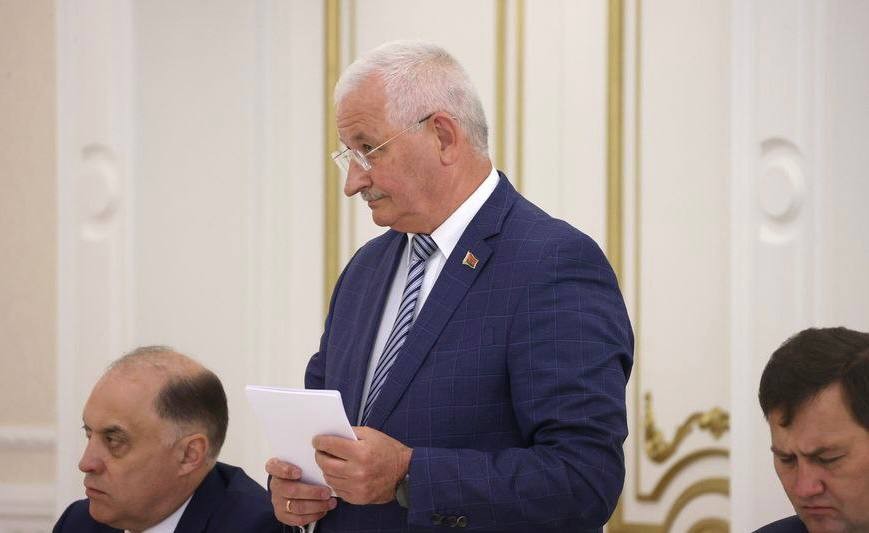
2021 saw 570,000 tonnes of pellets sold to Europe. However, selling pellets on the European market became impossible as of H2 2022. Here, the president reasonably remarked that one cannot focus only on one sales market when organizing some production and he has repeatedly warned about this: “Why only Europe? You have been putting your eggs in one basket. I am warning you about this again: you cannot do that!”
According to the vice premier, the government will continue to find alternative options to sell these products to other countries and is also taking a set of measures to expand the use of pellets on the domestic market.
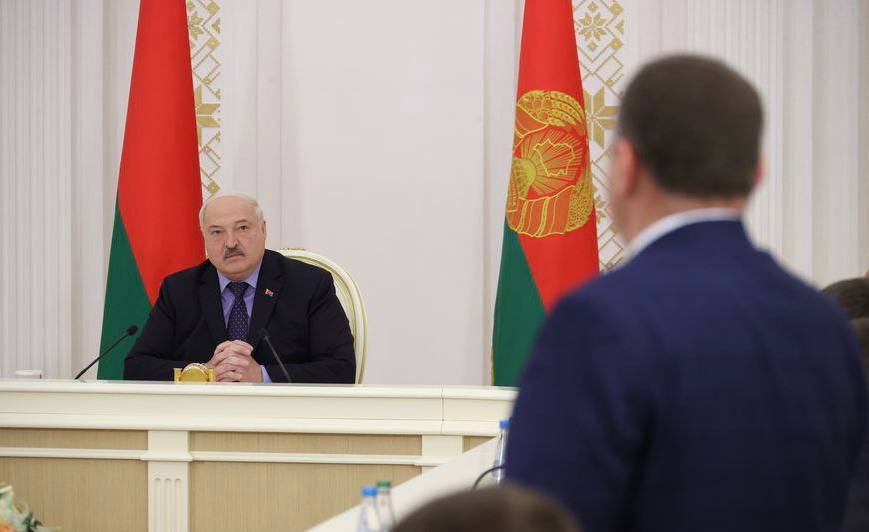
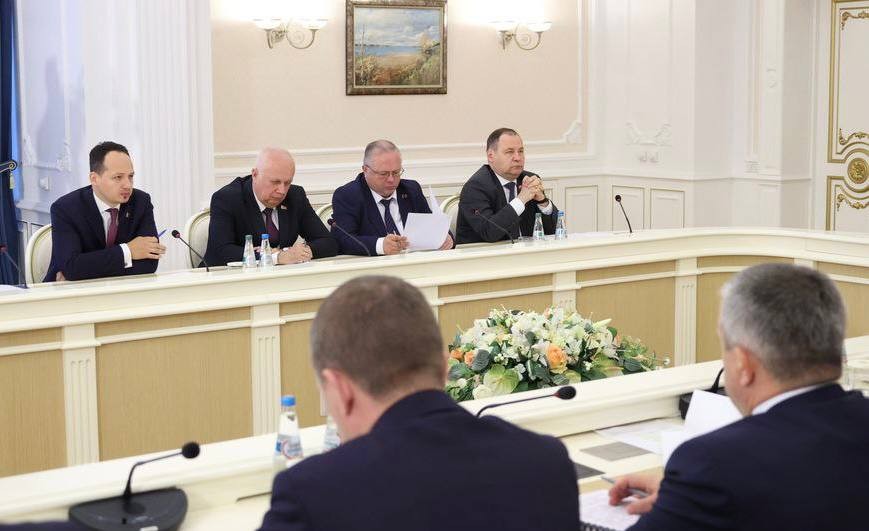
Agricultural services
The operation of agricultural services became the second issue discussed at the meeting of the president with the Council of Ministers. There are 134 such organizations across the country. They provide agricultural, transportation, repair and other services.
Aleksandr Lukashenko demanded that more attention be paid to the development of a network of agricultural services, something that market economy champions tried to destroy. “When the market economy model was adopted, they decided to destroy all this. I said ‘no’, we should keep it. We still need it today,” said the head of state. He believes that large Belarusian enterprises need to have their service centers at agricultural service organizations. “We are grinding away abroad, creating service centers. No one will buy our equipment unless we provide maintenance services. Why can’t we do the same in our own country?” asked the head of state. “In this case they will provide services on the spot and you will not depend on crooks and swindlers, intermediaries to bring you spare parts,” he remarked.
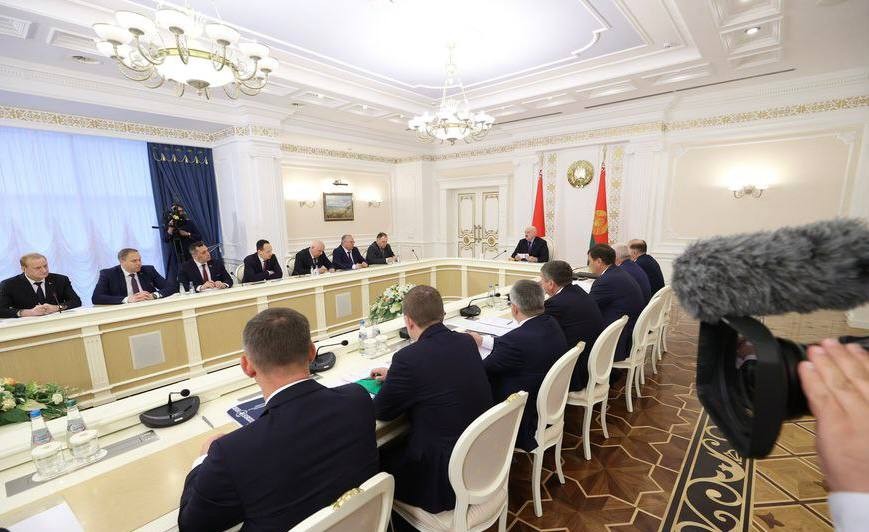
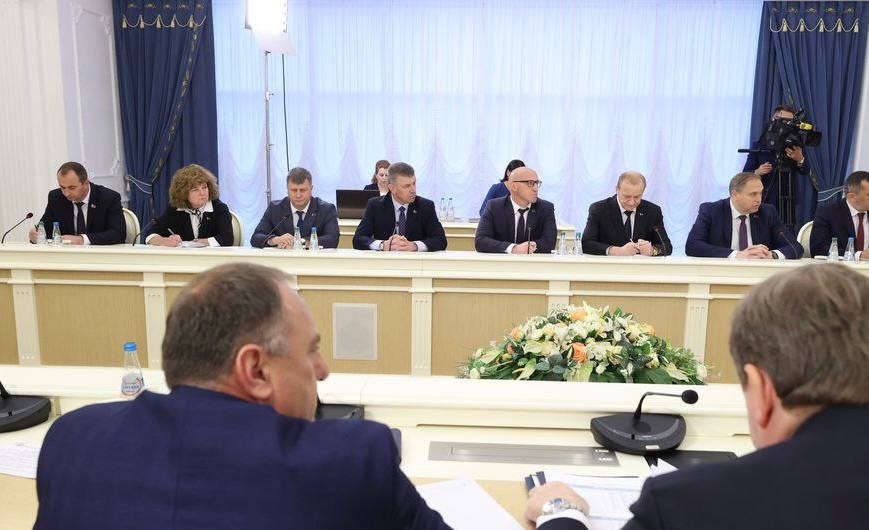
According to the president, the situation is similar with mobile mechanized brigades. These brigades were very common in the Soviet Union and their potential must be preserved and expanded, especially at the district level. “Bring them back. We need to reclaim 200,000 hectares of land. Who will do this? These inter-district mobile mechanized brigades,” Aleksandr Lukashenko said. Such brigades do not only do important work - from helping people repair their agricultural equipment to bigger tasks, like land reclamation – they also create additional jobs and employment opportunities in rural areas.
Aleksandr Lukashenko recalled that in 2019 unprecedented support was provided to the parent company - Belagroservice - by restructuring the debt to the budget. “Your performance is really bad. You are heavily in debt. As for Belagroservice, we deferred its debts, forgave in fact. Why did you come to me again?” the president said.
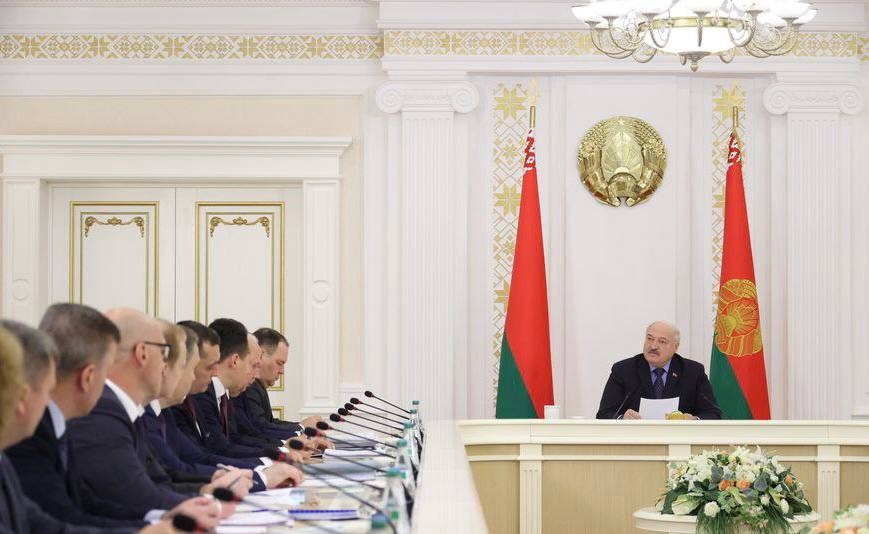
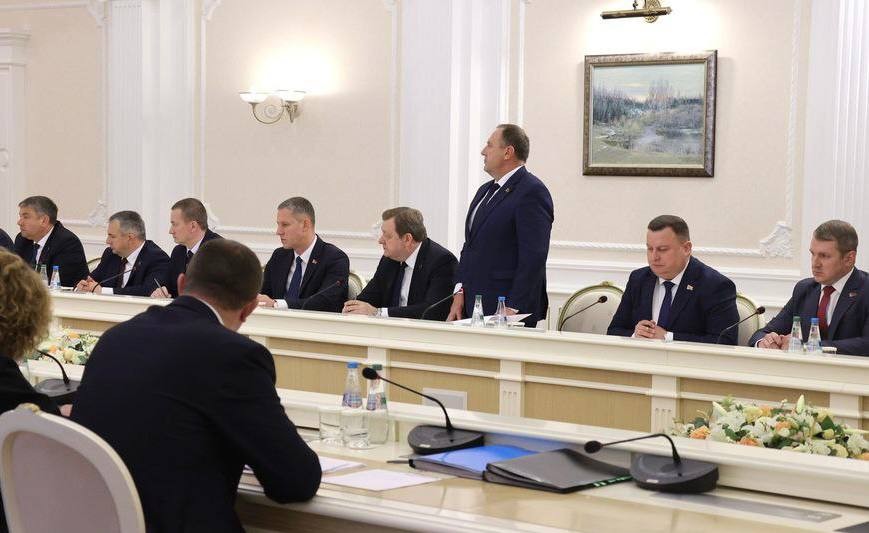
In this regard, the head of state once again emphasized that there should be a strict discipline of account settlements. “Without it, we will continue to go around in circles, constantly returning to these issues,” he said.
In continuation of the conversation about the agricultural sector, the president warned those responsible about the need to make timely payments to farmers and agricultural organizations for the products supplied. “By 1 August 2024 all the debts owed to agricultural producers for meat and milk should be paid off. Take money from crooks and give it to farmers for the products they sell,” Aleksandr Lukashenko emphasized.
According to Agriculture and Food Minister Sergei Bartosh, the debt of Belagroservice arose due to the failure of some enterprises to repay debts for previously supplied equipment. Earlier, a decree was adopted to help restructure the debt and provide installments, but not all the oblasts were able to do it. The president sent the draft document discussed at the meeting for revision in order to “put everyone on an equal footing.”
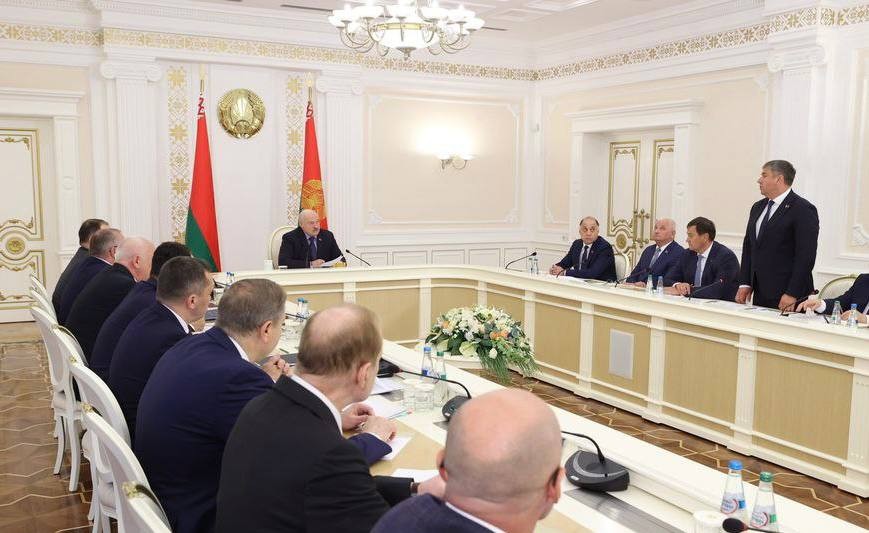
Another decision was made regarding the agricultural service enterprises. The head of state approved the proposal to let agricultural organizations to purchase spare parts supplied by Belagroservice enterprises as from a single source. This will make it possible to promptly purchase the necessary spare parts from Belagroservice instead of conducting lengthy procurement procedures and competitive bidding.
Satellite communication and broadcasting system
The third important issue concerned the project to develop a satellite communication and broadcasting system. According to the head of state, the communications satellite was launched in 2016 and it has been successfully fulfilling its functions since its launch and the commissioning of the ground complex. The president named the project commercialization and its payback as the main task for the current moment. “We have launched the satellite not only to use it in our own interests. But even if we use it in our own interests, we have to pay for the satellite,” Aleksandr Lukashenko pointed out.
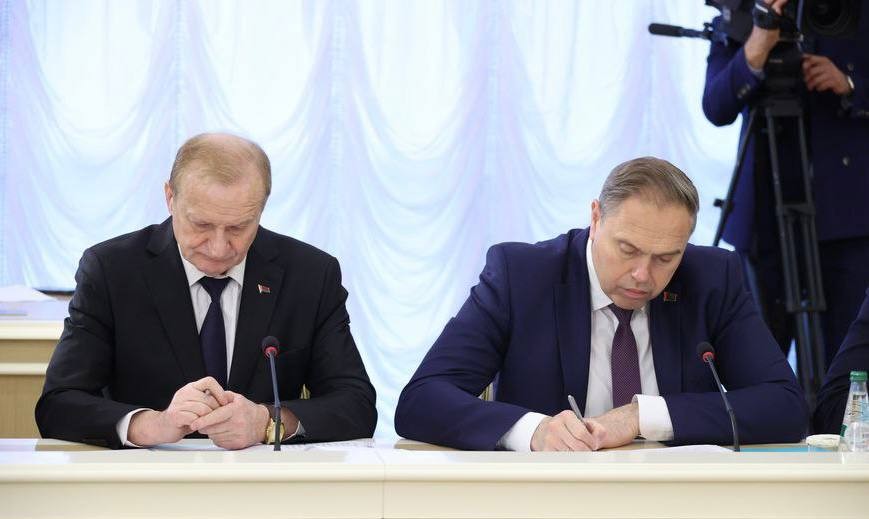
In 2020, the head of state adopted an order to define the procedure for the fulfillment of financial obligations under the project to develop the national satellite communications and broadcasting system of the Republic of Belarus. The government suggests adjustments to the document.
The president criticized the possible adjustment of the document if it concerns additional financial costs. “What does it mean to adjust? Is it the need for more money? There will be no money. You will fulfill your function as I once instructed you to do by the order,” the head of state said.
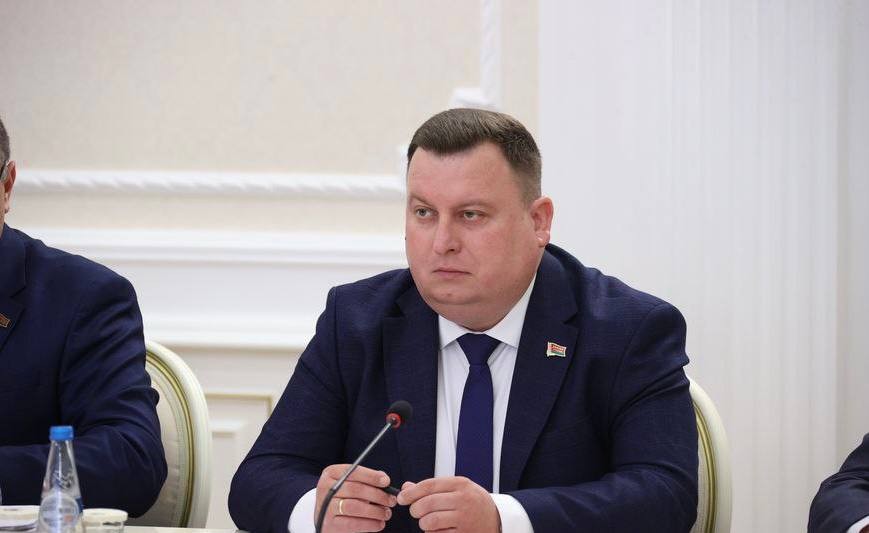
Dmitry Pantus, Chairman of the State Authority for Military Industry of the Republic of Belarus, reported to the president on this issue. According to him, the satellite communication and broadcasting system works in the established order. “We provide satellite communication services to all security agencies of Belarus and not only to them. We are working together with the Information Ministry on the distribution of public broadcasting channels. This work will be continued in order to increase the commercialization of our national system,” he said.



